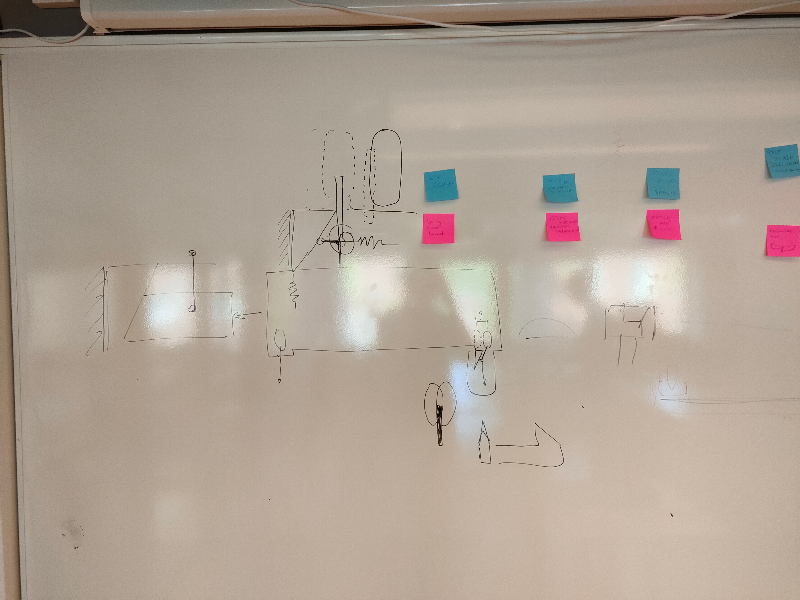The course is group-based, organized in six to seven weekly-based modules where different elements are introduced and developed. Each module starts with an introductory seminar and finishes with the consolidation of that week before next module. The modules cover:
- Module 1 – Sustainable development goals and challenge driven projects
- Module 2 – Stakeholders and challenge definition
- Module 3 – Design Thinking, Empathize
- Module 4 – Design Thinking, Define
- Module 5 – Design Thinking, Ideate
- Module 6 – Design Thinking, Prototype and Test
- Module 7 – Presentation and wrap-up
Sustainability goals, railway system, transport, innovation, Design Thinking, solving open and wicked problems, interaction with stakeholders.
After successfully completing the course, the student should be able to:
- Understand and explain the railway system, including both the internal relationships of its different stakeholders, and its function and usefulness in the wider transport system.
- Solve open complex challenges in the wider transport system where railway solutions are a valid mobility option.
- Collaborate towards the sustainability goals in groups with diverse backgrounds (including stakeholders), facilitating discussions and, in turn, learning from peers.
- Analyse and judge the optimality of solutions to sustainability-related challenges, from normative restrictions to own personal motivations.
